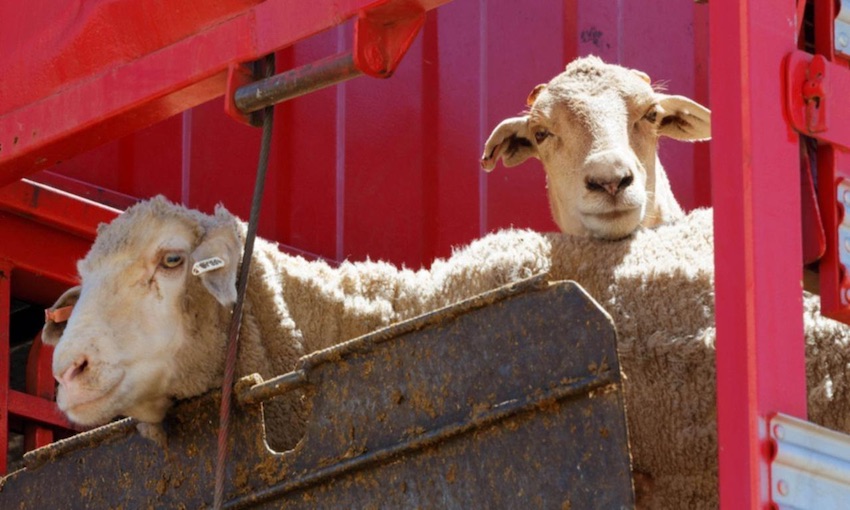THE Department of Agriculture, Water and the Environment is expanding cost recovery for the regulation of many Australian export industries, but cost increases for the live export industry have been far greater than those in other sectors.
Reasons for this include incidents (such as on the Awassi Express in 2017) that made it clear there was a need, and a public demand, for greater scrutiny of the industry.
The Moss Report into Regulatory Culture and Capability supported this conclusion with 31 recommendations that were accepted by the department and supported by the Australian Government.
The recent changes to industry regulation that have been introduced are the direct result of the independent Moss Report, public demand and Australian government policy.
They include new regulatory touch points, the introduction of independent observers on ships and the development of science-based standard setting.
Additionally, regulatory costs for the live export industry have been under-recovered for many years and to a significantly greater extent than other industries. Between 2011-12 and 2019-20 the arrangement accumulated a $30.4 million deficit. For 2019-20 the deficit was $12.2 million.
The fees outlined are not designed to recover that deficit.
The department employs around 80 people to manage around 9944 consignments per year and cost recovery for regulation of these consignments is split proportionately between different industries.
There were 569 consignments of livestock in 2019-20 – more than 2.3 million head exported; there were an additional 9375 consignments of non-livestock exported for the same period.
The department works closely with industry to implement regulatory standards that meet the requirements of industry, community and our international trading partners.
Departmental regulation is held to a high standard and accountable to the Minister, the government through the public Senate Estimates process and the Australian public.

